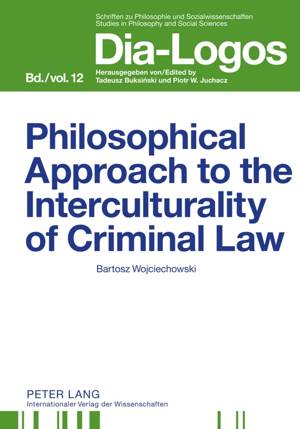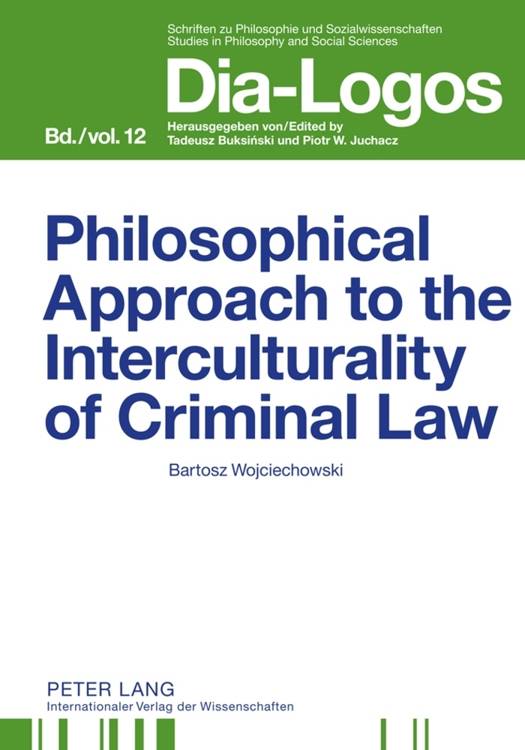
- Afhalen na 1 uur in een winkel met voorraad
- Gratis thuislevering in België vanaf € 30
- Ruim aanbod met 7 miljoen producten
- Afhalen na 1 uur in een winkel met voorraad
- Gratis thuislevering in België vanaf € 30
- Ruim aanbod met 7 miljoen producten
Zoeken
Philosophical Approach to the Interculturality of Criminal Law
Bartosz Adam Wojciechowski
€ 100,95
+ 201 punten
Omschrijving
The main subject of the book is the relationship between discursively shaped social relations, entrenched in the principle of mutual recognition, and the need to punish the perpetrators of communication disruption, involving the commission of an offence in multicultural societies. This work analyses the problem of the intercultural nature of legal discourse and the dispute about the universality of human rights. The author raises the question - crucial yet complicated from a legal and, above all, philosophical and ethical perspective - whether Western societies are entitled to judge the representatives of other, distant, and distinct cultures and to subject this judgment to the relevant sanctions. The answer to that question is sought in universal human rights, which - whilst being grounded in human dignity and meeting the standards of civil society - restore confidence of the victims of rights violation in the correctness and effectiveness of the rules governing the modern world. The answer to this question also has an important practical value, since the negative outcome calls into question the jurisdiction of international criminal tribunals.
Specificaties
Betrokkenen
- Auteur(s):
- Uitgeverij:
Inhoud
- Aantal bladzijden:
- 312
- Taal:
- Engels
- Reeks:
- Reeksnummer:
- nr. 12
Eigenschappen
- Productcode (EAN):
- 9783631605851
- Verschijningsdatum:
- 18/11/2010
- Uitvoering:
- Hardcover
- Formaat:
- Genaaid
- Afmetingen:
- 148 mm x 210 mm
- Gewicht:
- 509 g

Alleen bij Standaard Boekhandel
+ 201 punten op je klantenkaart van Standaard Boekhandel
Beoordelingen
We publiceren alleen reviews die voldoen aan de voorwaarden voor reviews. Bekijk onze voorwaarden voor reviews.











